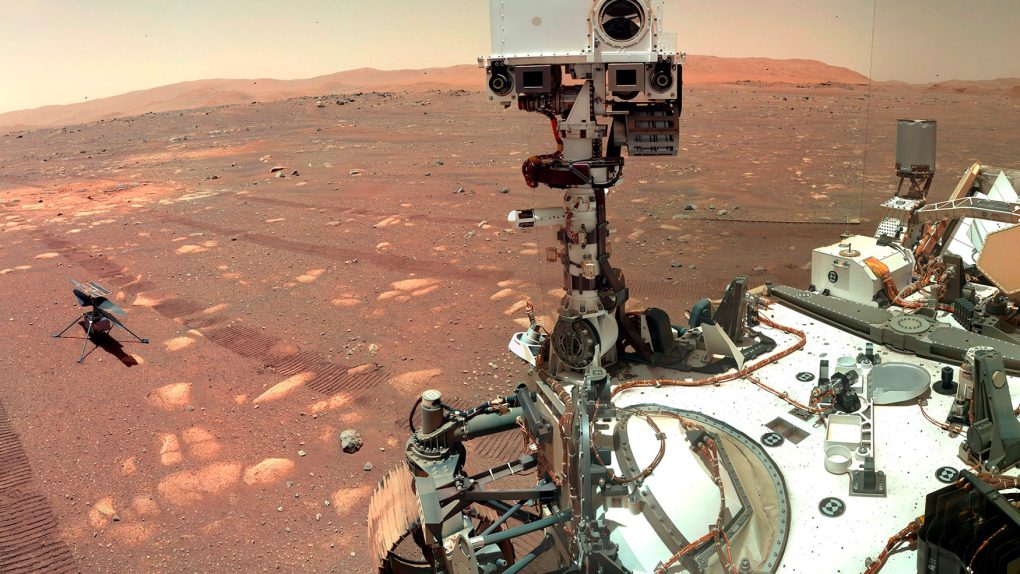NASA’s various Mars exploration robots are on their own, at least for the next few weeks. The space agency isn’t able to communicate directly with the robots both Mars and Earth have entered a point in their orbits known as the solar conjunction. During this time, the two planets are exactly opposite of each other, with the massive hulk of the Sun in the center.
NASA says that while it could technically send orders through to the Mars-based robots, the signal is extremely sketchy, and the risk of the commands being interfered with, possibly to a point of detriment, is very high. So, the space agency tends to leave its robots alone for the period, waiting for the two planets to orbit back around the star, establishing a connection once again.
The good news is that the NASA robots on Mars won’t completely stop working during the Mars and Earth solar conjunction. They’ll still be gathering data using the onboard systems, which means NASA astronomers and team members will have plenty of data to look over once a connection is re-established. In the meantime, though, the Mars Reconnaissance Orbit, Odyssey, MAVEN orbiter, and NASA’s Perseverance and Curiosity rovers will be left to their own devices.
The Mars solar conjunction occurs once every two years, and while the rovers will continue to send basic health updates throughout the period – just to assure NASA that they’re still working – they will go completely dark for two days when the Sun blocks Mars’s view of Earth completely. At this point, the devices will rely solely on their onboard instruments to complete their missions.
Still, any information gathered during this period is still extremely useful. When the connection is re-established, NASA team members will look over everything and figure out what new information has been obtained and how it can assist with future missions to Mars, like NASA’s Mars Sample Return.








